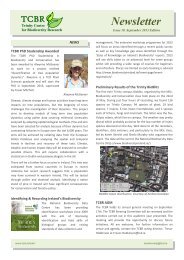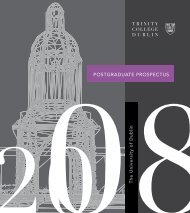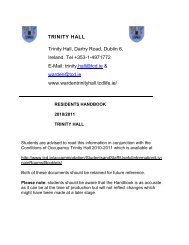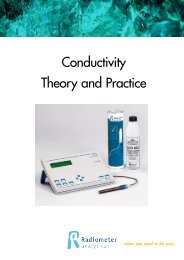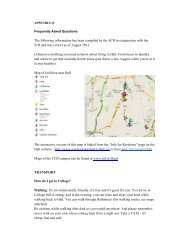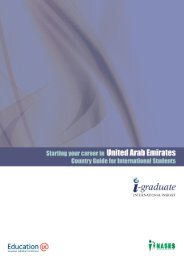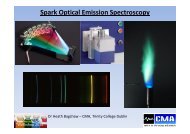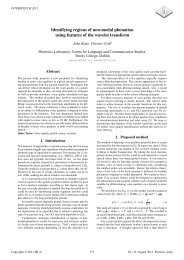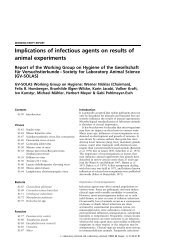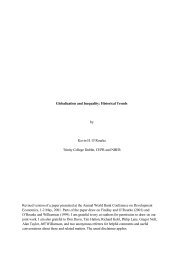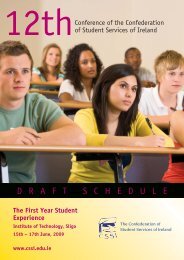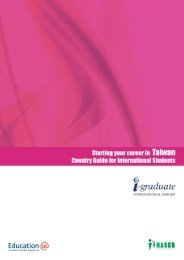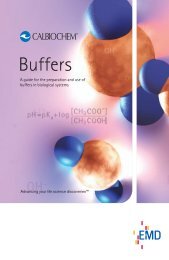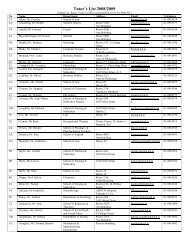Conference Programme (PDF, 1019KB) - Trinity College Dublin
Conference Programme (PDF, 1019KB) - Trinity College Dublin
Conference Programme (PDF, 1019KB) - Trinity College Dublin
You also want an ePaper? Increase the reach of your titles
YUMPU automatically turns print PDFs into web optimized ePapers that Google loves.
abstracts by stream and session<br />
(Lyons and Little, 2009; ESRI, 2009) reveals, however, that English language instruction is not directly linked to the specialized language<br />
demands of the post-primary curriculum. This discussion addresses the need to facilitate students’ subject-specific language learning<br />
by offering comprehensive characterizations of the hallmarks of academic English language in the core curriculum subjects (English,<br />
Geography, History, Mathematics, Science, Civic, Social and Political education), as these are manifested in the written academic<br />
discourse of school textbooks.<br />
First, I demonstrate how detailed linguistic profiles for what is typical in texts for each subject area were constructed using a corpusbased<br />
methodology. This involved a computational analysis of six text corpora, designed to represent specialized language use in<br />
the thirty most commonly used subject textbooks. The linguistic analysis of corpora was focused on subject-specific language at a<br />
lexical, grammatical and semantic level and it was facilitated by WordSmith Tools 4 Scott; 2004) and Wmatrix2 (Rayson; 2008). Initially,<br />
quantitative and qualitative analyses of individual subject-specific corpora illuminated the distinctive lexico-grammatical characteristics<br />
(e.g., keywords, collocations, multi-word units, key grammatical categories) and semantic fields (together with the associated lexical<br />
items) of each subject area. Subsequently, a comparison of academic language use among subjects revealed a common academic core<br />
comprising linguistic features used across subjects.<br />
In the second part of the discussion, I briefly discuss the pedagogical applications of these insights into academic English language use<br />
in the Irish post-primary curriculum with respect to curriculum and materials development and the design of language tests for language<br />
support. The implications of these findings for a whole-school approach to language learning across the curriculum are also considered,<br />
arguing that a visible pedagogy which makes explicit the way the curriculum is constructed in language can promote all students’<br />
academic literacy development (including native speakers of English) (Schleppegrell, 2004). I conclude by suggesting that, since migrant<br />
education is, and will remain, a common concern across Europe and beyond, the present research may be immediately relevant and<br />
applicable to other educational contexts with similar pedagogical needs.<br />
SESSION 7f The TII’s English Language Support <strong>Programme</strong> II<br />
Assessing the impact of ELSP materials in post-primary language support and mainstream subject classrooms<br />
Zach Lyons, <strong>Trinity</strong> <strong>College</strong> <strong>Dublin</strong>, Ireland<br />
The concept of successfully integrating newcomer students with ESL needs into the language of schooling and the mainstream postprimary<br />
school curriculum is multi-dimensional, involving the successful integration of cultural adjustment, language and learning skills<br />
and lexico-grammatical development. Within the Irish post-primary school context the successful teaching of Academic English derived<br />
from subject textbooks and examination papers plays an important role in the integration of all students – not just ESL learners - as it<br />
informs the language of instruction, of communication and of assessment within the classroom.<br />
During 2007-2010, the English Language Support <strong>Programme</strong> (the <strong>Trinity</strong> Immigration Initiative, <strong>Trinity</strong> <strong>College</strong> <strong>Dublin</strong>) developed<br />
and exploited a comprehensive corpus of post-primary curricular subject textbooks, teacher guidelines and examination papers. This<br />
open corpus of nearly 5.2 million words permits a focus to be directed on subject-specific language which, in turn, has informed the<br />
development of a large array of materials designed to support teaching and learning at each of the CEFR A1-B2 Benchmarks. The<br />
mediation of these materials to teachers and students alike is web-based. This paper reports on the impact of this array of materials in<br />
post-primary ESL and mainstream subject and learning support classrooms. As evidenced by internet usage metrics, teacher feedback<br />
and classroom observation, the units are currently being widely used. A survey of 18 language support teachers, 2 learning support and<br />
8 mainstream subject teachers in 14 schools shows the role the materials have played both in the linguistic development of the teacher<br />
and in the linguistic, functional literacy and metacognitive development of the learner. The data suggest that the materials have greatly<br />
facilitated access to the Academic English of the curriculum to the point that they are commonly used by SEN and resource teachers who<br />
work with learners displaying other learning needs.<br />
Instructional findings and implications for the post-primary curriculum will be discussed and challenges for the future development and<br />
use of the materials will be outlined.<br />
81



